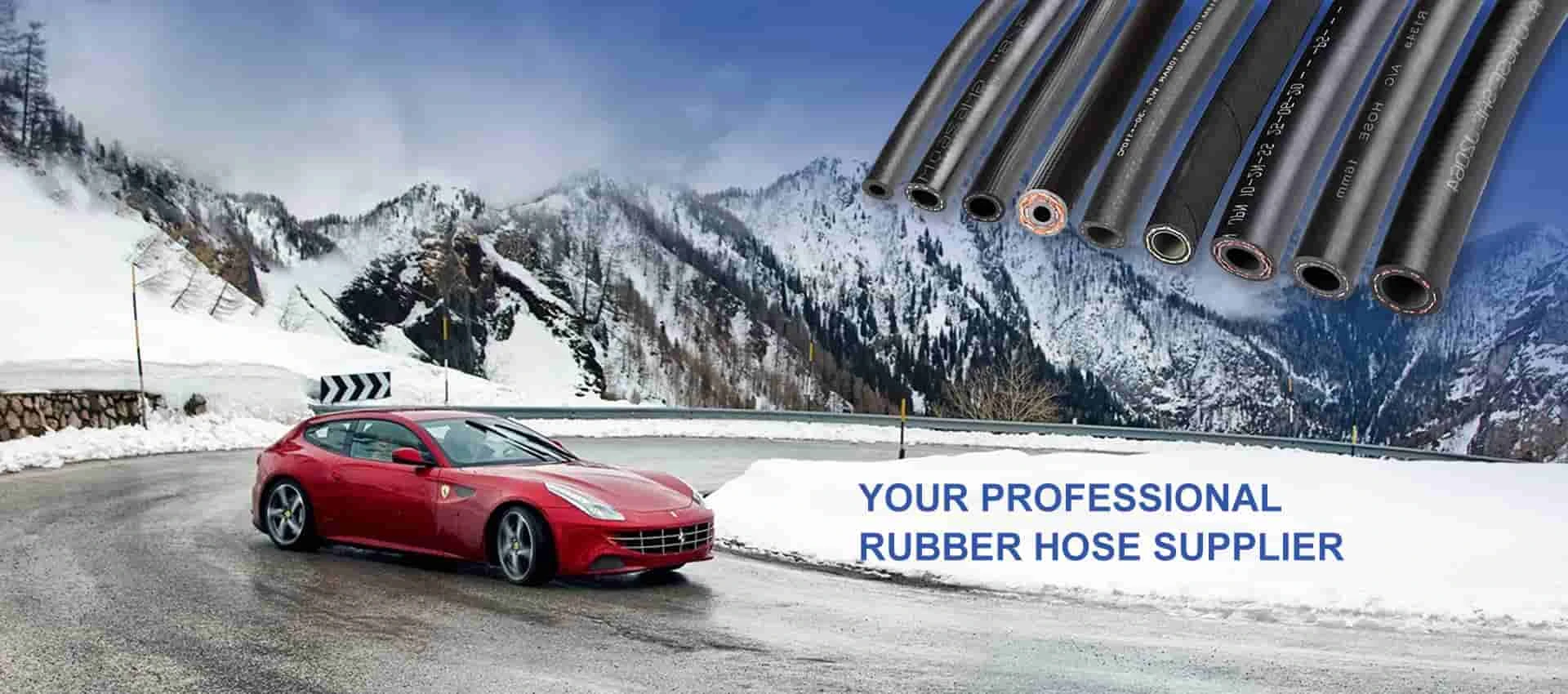gas fuel line hose
Dec . 07, 2024 11:04 Back to list
gas fuel line hose
Understanding Gas Fuel Line Hoses Importance, Types, and Maintenance
In the realm of automotive engineering, one critical component that plays a significant role in the functionality of a vehicle is the gas fuel line hose. This essential part is responsible for transporting fuel from the gas tank to the engine, ensuring that the combustion process occurs smoothly and efficiently. In this article, we will explore the significance, types, and maintenance of gas fuel line hoses.
The Importance of Gas Fuel Line Hoses
Gas fuel line hoses are integral to the proper operation of internal combustion engines. Their primary function is to deliver fuel reliably while withstanding the high pressure and temperature variations inherent in auto operation. A malfunctioning fuel line or hose can lead to fuel leaks, which not only reduces the vehicle's efficiency but can also pose a significant safety hazard due to the risk of fire or explosion. Therefore, maintaining the integrity of these hoses is vital for both performance and safety.
Moreover, the quality of the gas fuel line hose directly affects the overall functionality of the vehicle. High-quality hoses are designed to resist the corrosive effects of gasoline, prevent leaks, and maintain flexibility even under extreme conditions. This resistance to wear and tear ensures that the fuel system operates optimally for an extended period.
Types of Gas Fuel Line Hoses
Gas fuel line hoses come in a variety of materials and constructions, each suited for different applications and environments. The most common types include
1. Rubber Hoses Traditionally, rubber was the material of choice for fuel lines due to its flexibility and resistance to fuel. However, standard rubber can degrade over time when exposed to modern fuels that contain ethanol and other additives.
2. PVC Hoses Polyvinyl chloride (PVC) is another option that offers good chemical resistance and cost-effectiveness. However, it may not withstand high temperatures as effectively as other materials.
3. Fiber-Reinforced Hoses These hoses incorporate reinforcing fibers, providing increased pressure tolerance and durability. They are often used in high-performance vehicles that demand more robust fuel delivery systems.
gas fuel line hose

4. Stainless Steel Braided Hoses Known for their high strength and resistance to expansion under pressure, stainless steel braided hoses are often used in performance applications where maximum reliability is needed. While more expensive, their longevity and durability make them a favorite among car enthusiasts.
5. Alcohol-Resistant Hoses Given the rise in ethanol-blended fuels, alcohol-resistant hoses have gained popularity. These hoses are specially formulated to withstand the effects of alcohol in fuels, including corrosion and degradation over time.
Maintenance Tips
Proper maintenance of gas fuel line hoses is crucial for the longevity and safety of your vehicle. Here are some tips to ensure your fuel lines remain in optimal condition
- Regular Inspections Periodically check your fuel lines for signs of wear, such as cracks, bulges, or soft spots. Look for any signs of fuel leakage, which can often be detected by the smell of gasoline.
- Replace When Necessary If you notice any signs of damage, it’s vital to replace the fuel line immediately. Delaying replacement could lead to more severe issues, including engine failure or fire.
- Keep It Clean Ensure that your fuel system is clean. Contaminants can lead to faster wear and tear on fuel hoses. Regularly change fuel filters and use fuel additives that help clean the entire system.
- Choose Quality Parts When replacing hoses, opt for high-quality, OEM (Original Equipment Manufacturer) or reputable aftermarket parts to ensure compatibility and reliability.
Conclusion
Gas fuel line hoses are a crucial element of automotive engineering that plays a vital role in vehicle performance and safety. Understanding their importance, types, and maintenance can help vehicle owners make informed decisions, ensuring their vehicles run efficiently for years to come. Regular checks and prompt replacements of damaged hoses can prevent costly repairs and keep drivers safe on the road. Whether you’re a seasoned mechanic or a casual car owner, paying attention to the health of your fuel lines is paramount.
